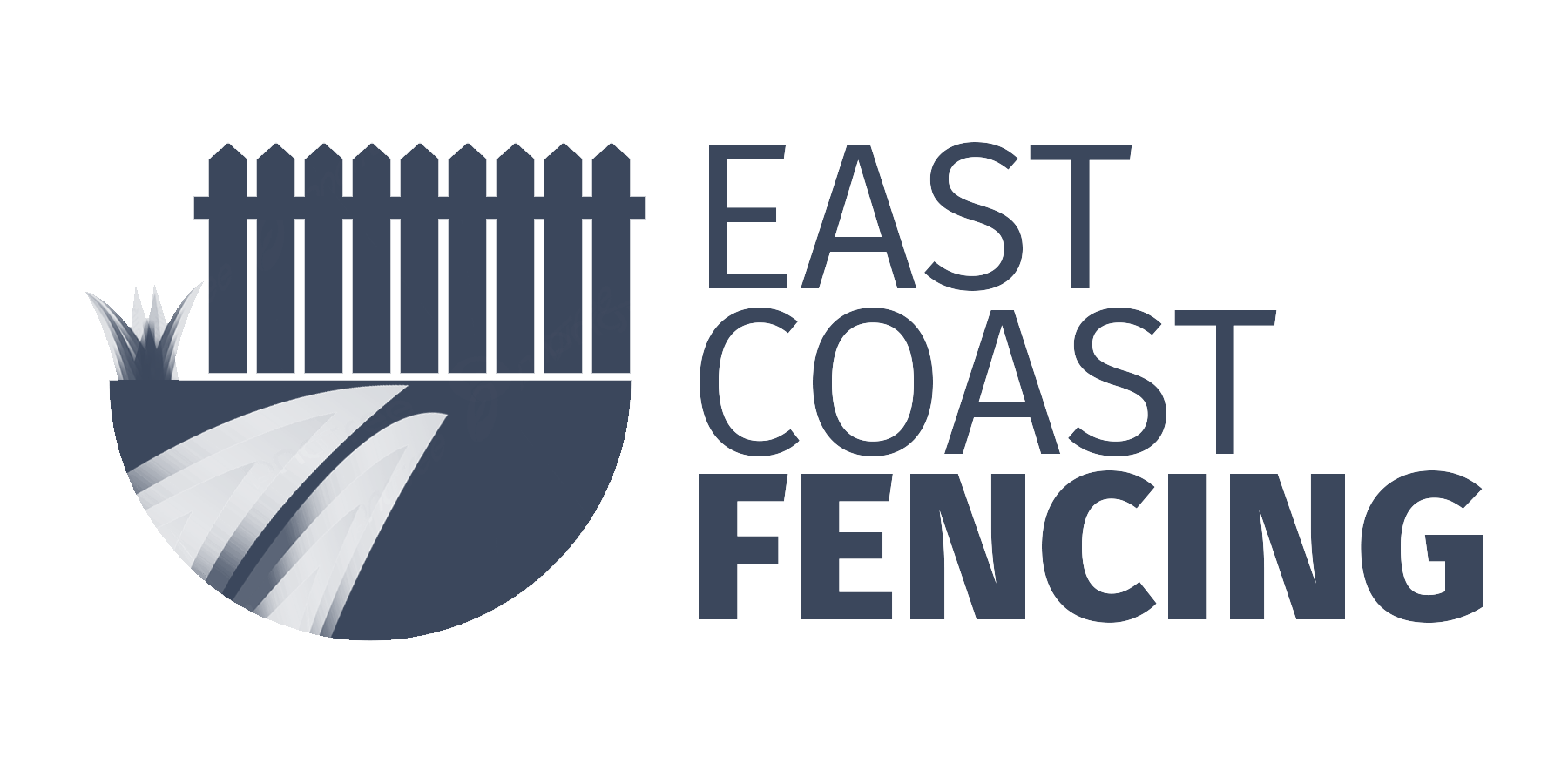The Ultimate Guide to Feeding Birds in Summer

Summer brings longer days, warmer temperatures, and an abundance of life. Birds are active, making the most of the season's bounty. However, even with nature's providence, birds can benefit significantly from our help during these months. Feeding birds in summer not only supports their nutritional needs but also offers us the chance to observe these beautiful creatures up close. Here's how you can help our feathered friends during the warmer months.
Understanding Birds' Summer Diet Needs
During summer, most birds' diet comprises insects, fruits, and seeds. Insects are particularly crucial for fledglings, providing the high protein content they need for rapid growth. However, not all birds and their offspring have the same dietary needs, making it essential to provide a variety of foods to cater to the diverse bird population in your garden.
Safe Foods to Offer Birds in Summer
1. Fresh Fruit: Offering slices of fresh fruit, such as apples, oranges, and pears, can attract a variety of birds. Berries are also a significant hit and can be put out in a shallow bowl or hung in small bunches.
2. Black Sunflower Seeds: These are a favourite among many bird species and can be offered in feeders or scattered on bird tables.
3. Mealworms: Either live or dried, mealworms are an excellent source of protein. They're especially loved by robins, thrushes, and starlings. Rehydrate dried mealworms before offering them to ensure they're easy for the birds to eat.
4. Nectar: If you're aiming to attract hummingbirds or similar nectar-feeding species, consider putting out a nectar feeder. You can make nectar by dissolving one part white sugar in four parts water.
5. Suet: While commonly associated with winter feeding, suet can be offered in summer too, preferably in the morning or late evening to prevent it from spoiling in the heat. It's a great energy source for many birds.
Foods to Avoid
It's equally crucial to know what not to feed birds in the summer months. Avocado, chocolate, and foods containing caffeine or alcohol are toxic to birds. Also, avoid offering bread as it provides little nutritional value and can attract pests. Salted nuts and dried coconut should be avoided too, as they can be harmful.
Tips for Summer Bird Feeding
1. Keep Water Available: Ensure there's always fresh water available for drinking and bathing. A bird bath can provide a vital water source during hot days and a place for birds to cool down.
2. Clean Feeders Regularly: Warm weather can cause birdseed to spoil and harbour bacteria more quickly. Clean your feeders and water sources thoroughly at least once a week.
3. Position Feeders Strategically: Place feeders in a shaded area to prevent food from spoiling too fast and to offer birds a comfortable feeding spot away from direct sunlight.
4. Avoid Chemical Pesticides: These can poison the insects that many birds rely on for food. Opt for natural pest control methods to keep your garden bird-friendly.
5. Be Mindful of Cats and Other Predators: If possible, position feeders and bird baths out of reach of predators. Consider installing a bell on your cat's collar to give birds a fair warning.
Creating a Bird-Friendly Garden
In addition to feeding, you can make your garden a haven for birds by planting native shrubs and flowers that attract insects and offer natural shelter and nesting sites. Providing different habitats, such as dense bushes for nesting and open areas for feeding, will encourage a broader range of bird species to visit.
Feeding birds in summer can be a rewarding activity, allowing you to contribute to wildlife conservation from your own garden while enjoying the beauty and diversity of bird life. By following these guidelines, you can ensure that your feathered visitors remain healthy and happy throughout the season.















Leave a Comment